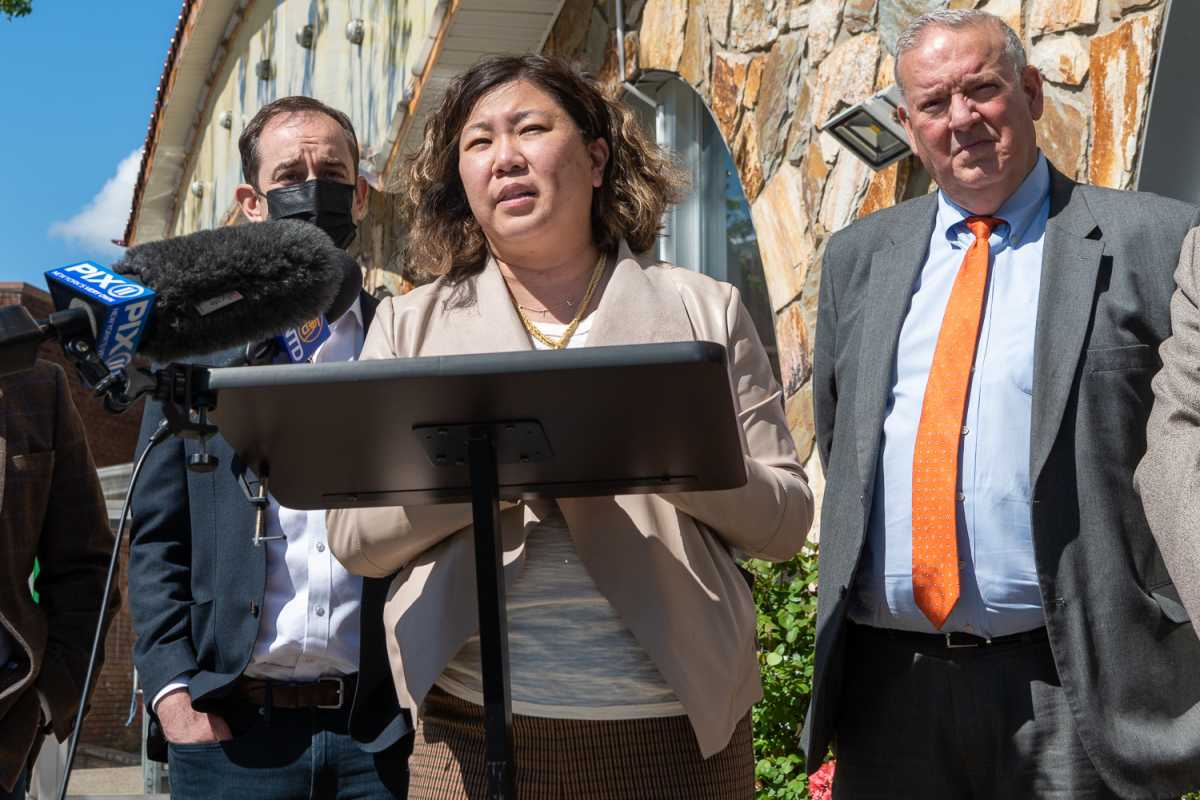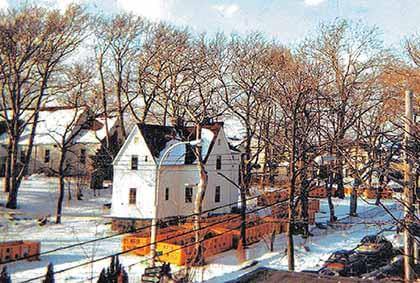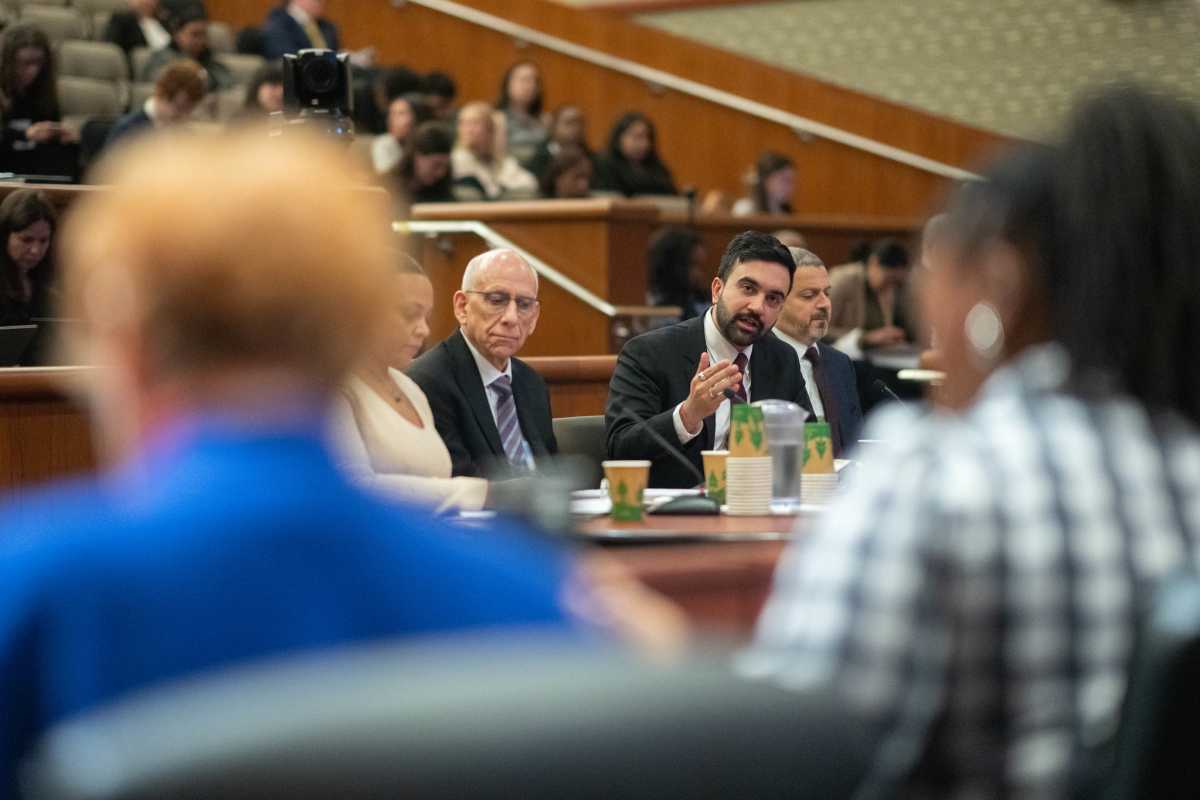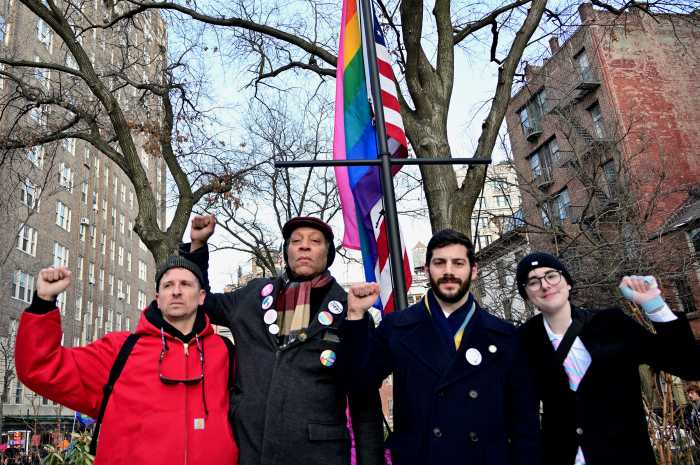In an effort to help combat continued bigotry and hate against Asian Americans, Congresswoman Grace Meng announced on Tuesday, May 4, that she is reintroducing legislation to promote the teaching and learning of Asian Pacific American history in schools across the United States.
The Teaching Asian Pacific American History Act (H.R. 2283) seeks to provide an understanding of the history, contributions and experiences of Asian Pacific Americans to help eliminate the discrimination and prejudice that the Asian American community has been forced to endure not just over the past year, but for decades. These teachings include the many critical achievements and vast contributions that those of Asian and Pacific Islander descent have made to the U.S., and the struggles and racism that has long been directed toward Asian Pacific Americans.
For generations, according to Meng, Asian Pacific American history has been poorly represented or excluded from the K-12 education system and social studies textbooks.
“Asian Pacific American history is an integral part of American history, and this must be reflected in what our children learn in school. Asian Americans have always been seen as invisible or as foreigners,” Meng said. “We have grown up with people questioning whether we’re American enough, and we’ve endured slurs and jokes about our appearance and our food. And even if we were raised or born here, many still tell us to ‘go back to our country,’ and make ignorant and xenophobic remarks such as telling us that we speak English well.”
“These types of biases against Asian Americans need to be addressed at its roots, and teaching the future generation about our past, and how those of Asian and Pacific Islander descent helped make America the greatest country on the planet, would help break down the stereotypes and negative perceptions that sadly still exist about Asian Pacific Americans,” Meng added.
According to Meng, the effort should not be limited to the Asian Pacific American community, and that all communities of color must be better represented in the history lessons taught to students, and expanding school curriculums.
“Whether it’s learning about the Chinese laborers who helped build the Transcontinental Railroad, the incarceration of Japanese Americans following the attack on Pearl Harbor, slaves building the U.S. Capitol or the many other important chapters from our nation’s past — whether good, bad or ugly — our classrooms must include ALL of America’s history,” Meng said. “Our nation cannot move forward in healing until we learn from and correct the mistakes of our past. We can’t focus on tearing down the walls of biases and discrimination until our kids have a full teaching of what American history truly is.”
The Teaching Asian Pacific American History Act would require grant applications from Presidential and Congressional Academies to include Asian Pacific American history as part of their American history and civics programs offered to students and teachers. Every year, hundreds of teachers and students attend these academies, which are funded by the U.S. Department of Education, for an in-depth study in American history and civics. Presidential Academies are designed for teachers seeking to strengthen their knowledge of American history, and Congressional Academies for students who aim to enrich their understanding of the subject.
Meng’s legislation would also encourage the inclusion of Asian Pacific American history in national and state tests administered through the National Assessment of Educational Progress, and promote collaboration with the Smithsonian Institution’s Asian Pacific American Center to develop innovative programming regarding Asian Pacific American history.
Meng’s bill has received support from several organizations.
Jo-Ann Yoo, executive director of the Asian American Federation (AAF), said they fully support Meng’s legislation because “we believe that more readings, stories and learning about our history as a marginalized people will result in more empathy and growth for the country, and its people as a whole.”
“It’s time to highlight the threads of our community’s history that are woven into the warp and weft of American history,” Yoo said.
The Stop AAPI Youth Campaign sees the legislation as a necessity in response to the deeply rooted anti-Asian American Pacific Islander (AAPI) hate and racism that has increased during the COVID-19 pandemic.
“This bill addresses the gaping disparity between AAPI contributions to American development and what is depicted in our history book,” the Stop AAPI Youth Campaign said. “Classrooms shape society and as a students, we hope that the incorporation of our AAPI history within the curriculum will be reflected to make an anti-racist society.”
Meng’s bill is pending before the House Committee on Education and Labor. The congresswoman is also an original cosponsor of the Black History is American History Act (H.R. 1394), a similar measure introduced by Rep. Joyce Beatty (D-OH) that aims to promote the teaching of Black history in schools.




































